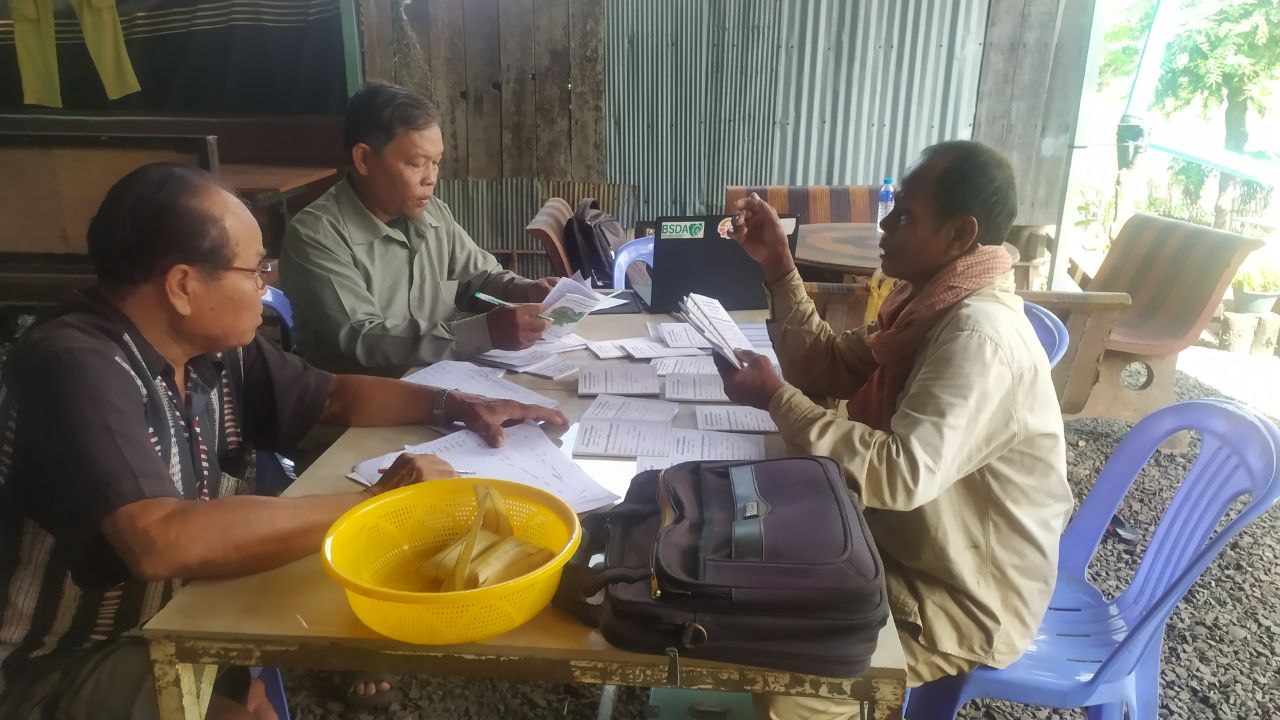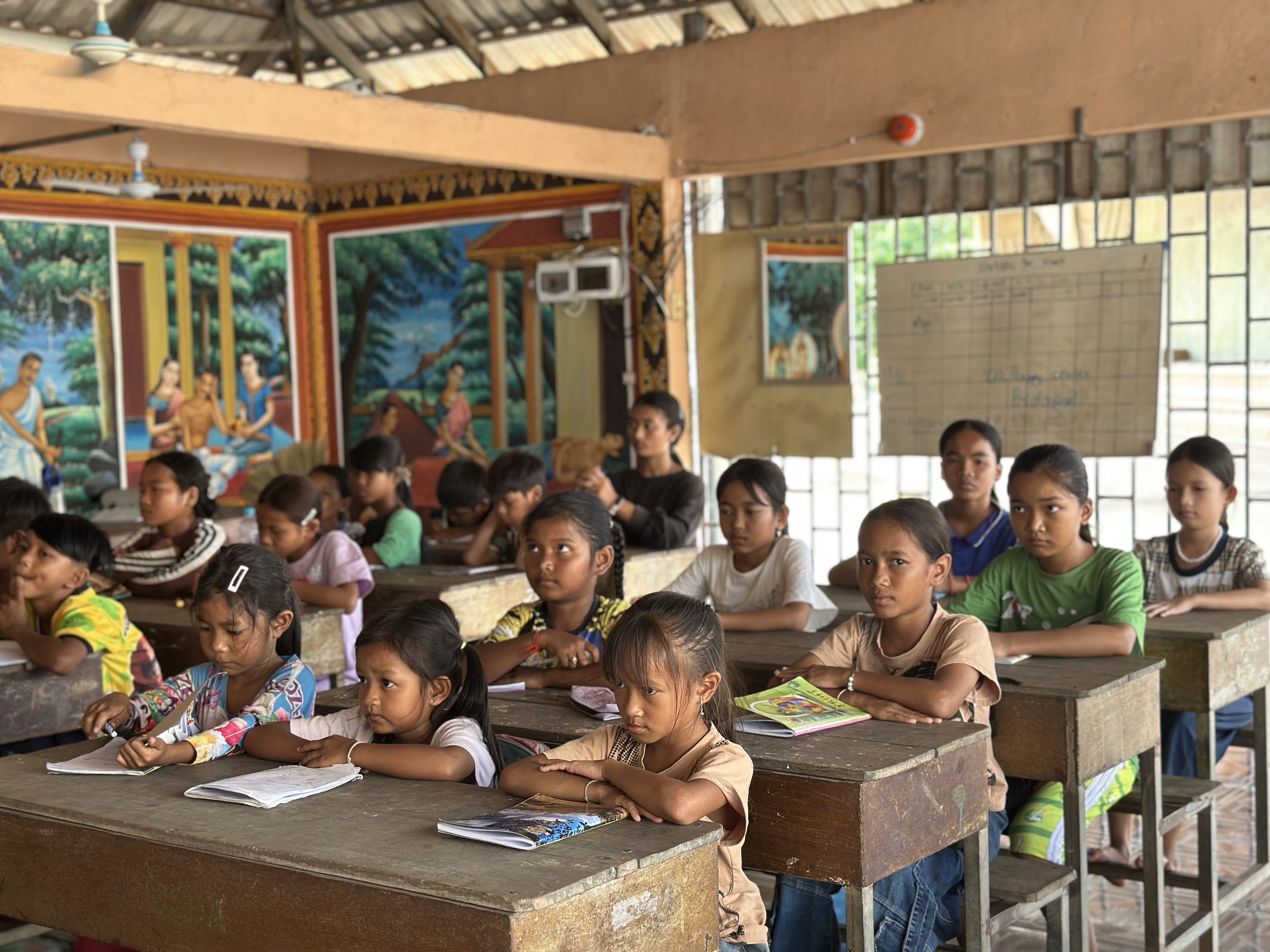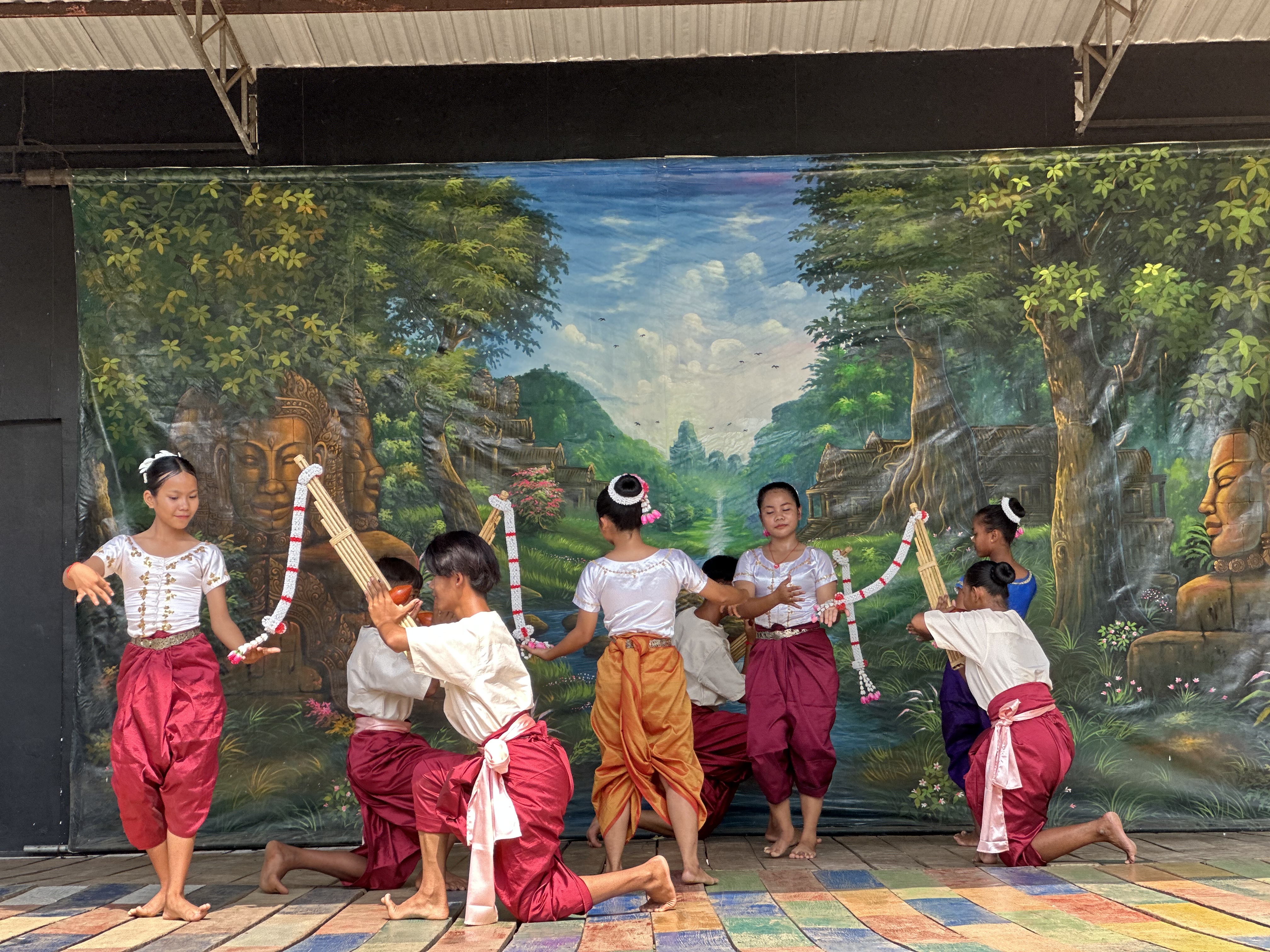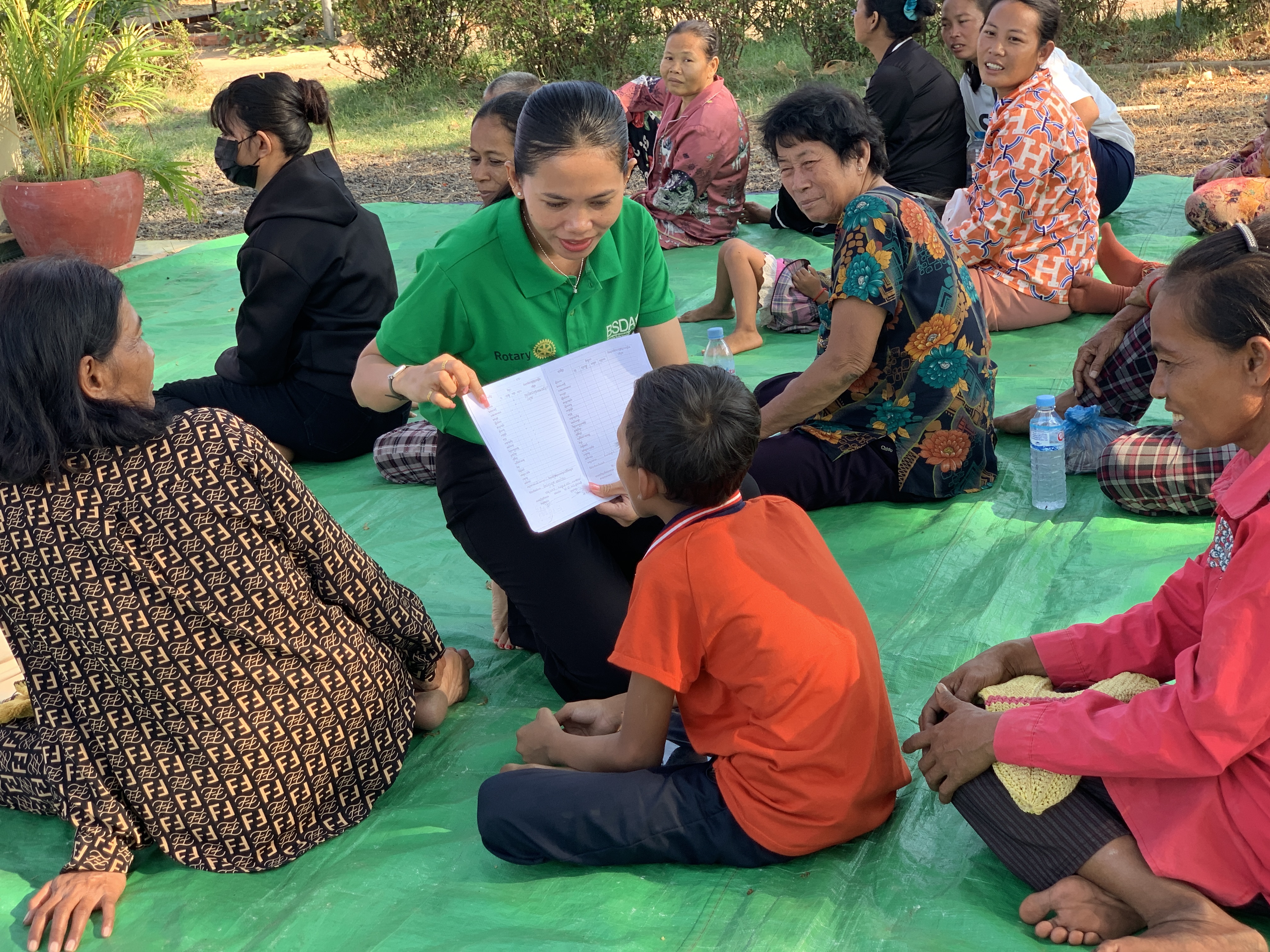FINANCING FUTUR PROJECT
Based in Kampong Cham, this project aims to increase the economic livelihood of households so
they can send their children to school. We help families to improve and troubleshoot their
small businesses, thus enabling children to attend school.
READ MORE




